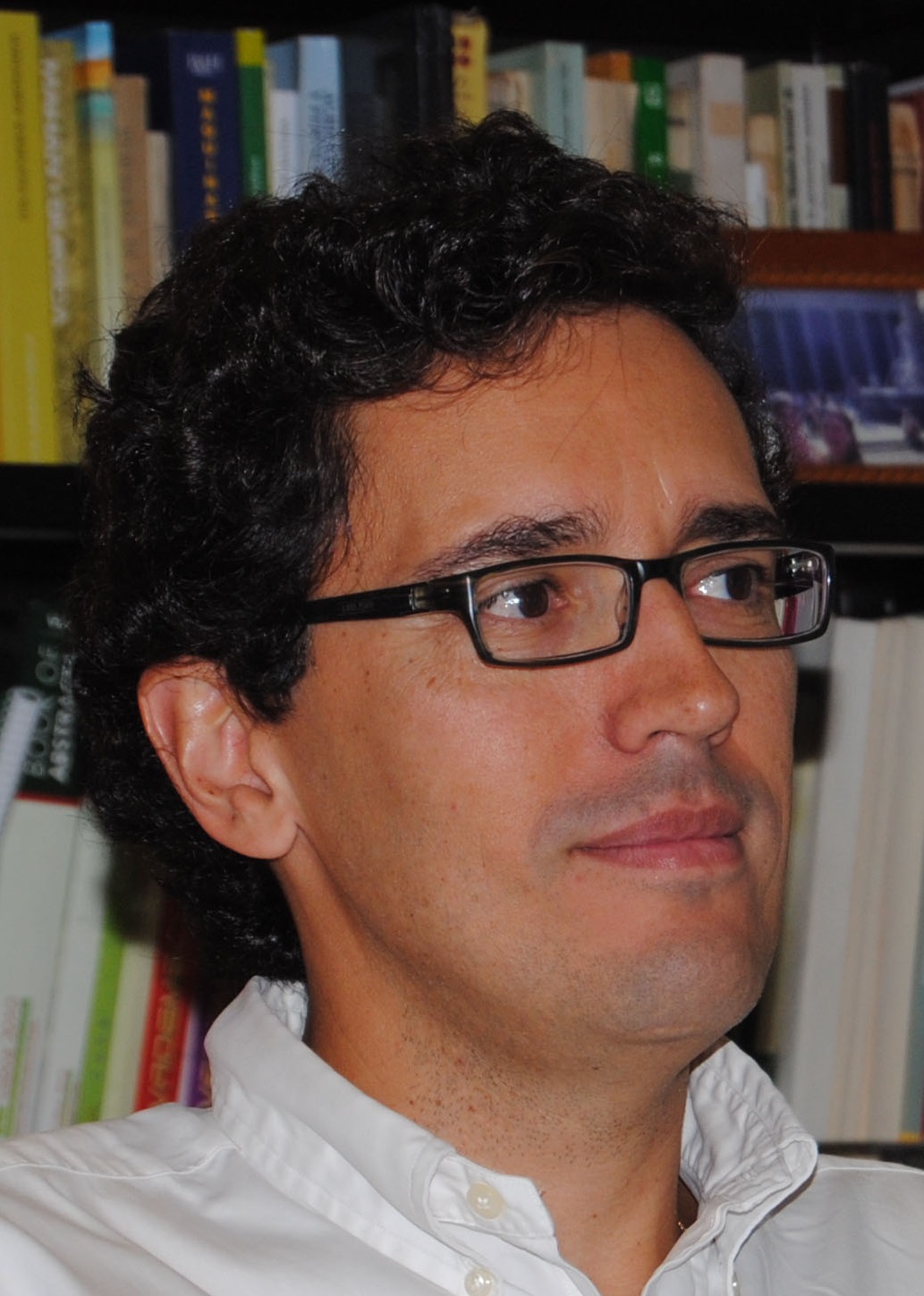Advisory board
Il monitoraggio esterno sull’avanzamentod elle attività ed i collegamenti con le organizzazione internazionali chiave sarà conseguito principalmente attraverso un Advisory Board composto da perosne rappresentative delle principali organizzazioni internazionali di rilevanza per il progetto e selzionate tra esperti di fama internazionale. Il ruoloprincipale dell’Advisory Board sarà di fornire indicazioni sui modi per rinforzare la coerenza nelle varie fasi di sviluppo del progetto con le politiche nazionali ed internazionali di settore. Esso inoltre fornirà contributi aggiuntivi e verifiche per il lavoro di sviluppo e ricerca, attesteranno i progressi del progetto e contribuiranno alla disseminazione dei risultati. I membri dell’Advisory Board saranno regolarmente informati sugli avanzamenti del progetto (attraverso report di gestione semestrali ed un report annuale) con richiesta di fornire riscontri e contributi. Essi sarnano inoltre inviati agli incontri di progetto e verrà chiesto loro di realizzre brevi report indipendenti sull’avanzamento ed i risultati conseguiti dal progetto.
Currently the FATIMA Advisory Board Members are:
 |
|
Giovanni Munoz, Land and Water Development Engineer, Investment Centre Division, Food and Agriculture Organization of the United Nations. Agricultural Engineer specialized in Land and Water Management.Giovanni Munoz is an Agricultural Engineer specialized in Land and Water Management. He has over 20 years of professional experience in different aspects of agricultural water management including on-farm irrigation, crop water management and irrigation scheme management. During the last years he has worked on performance assessment and modernization of irrigation schemes in Central Asia. He joined FAO in 2001 and is currently working at the Investment Centre Division, based in Rome. |
 |
|
Helena Gómez-Macpherson, Agronomist, Deputy Director, Institute for Sustainable Agriculture, IAS-CSIC, Córdoba, Spain.She is the expert coordinator of the agricultural European Innovation Partnership Focus Group “Water and Agriculture” and Deputy Director of the Institute for Sustainable Agriculture (IAS-CSIC). Additionally, she currently leads a European project in southern Spain that aims at evaluating irrigated and rainfed conservation agriculture systems in agronomic and environmental terms, mainly, their impact on greenhouse gasses emissions and their potential adaptation to climate change. |
 |
|
Ahmed Karim Dhaouadi, Bayer Crop Science, Yield Monitoring Expert – Digital Farming.Ahmed Karim Dhaouadi, born on the 16th September 1984 at Sousse (Tunisia), studied agronomy at the National Insitute of Agronmy in Tunis (INAT) from 2005. In 2008, he was graduated on arable crops. He moved in September 2008 to Paris and obtained a Master degree in Soil Science. Dhaouadi continued his studies and obtained a PhD degree in 2014 (INRA-AgroParisTech) in agronomy by working on the substitution of the use of mineral fertilizers by organic waste products.Dhaouadi started his professional career in March 2014 at CETIOM in France as a research ingeneer. In April 2015, he moved into Bayer Crop Science as a Yield modelling expert as a part of the Digital Farming team. |
 |
|
Dr. Hildegard Garming, Thünen Institute, Institute of Farm Economics |
 |
|
Javier Brañas is an Agricultural engineer, PhD.From 2006 he is R&D Director in Fertiberia, the leading fertilizer company in Spain and the Mediterranean area. Chairperson of SUSCHEM-Spain, External Scientific Collaborator of the University of León (Spain), and member of the monitoring commission of the Fertiberia Chair at the Polytechnic University of Madrid. He is member of the EIP Focus Group on Fertiliser efficiency. He has worked for other companies and as a free-lance consultant in the field of R&I in agriculture. |





